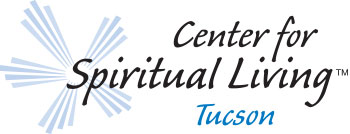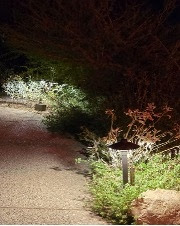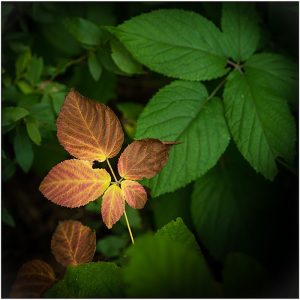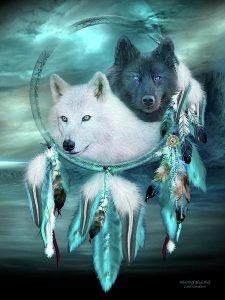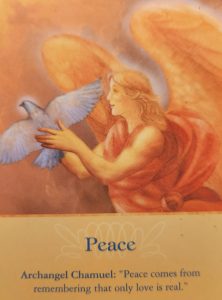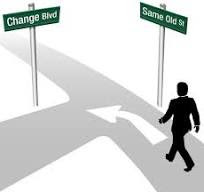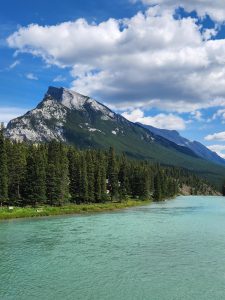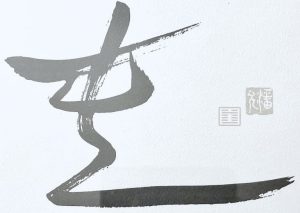A Walk in the Garden by Morgana Campbell
For many of us, when we hear the words, “and He walks with me…”, we know they come from the Christian hymn about walking with Christ in the garden. Walking in the garden is a powerful metaphor for spirituality or faith. When we imagine this idea, we see plants, flowers, perhaps a path. Nature is abundant, present and all-powerful in this metaphor. She/It is a force that we can imagine sensually and we understand viscerally the act of walking, as well as what it feels like to walk in a garden.
The garden is a symbol of LIFE, of essential Creation. It is the place where we can find “It”, the ultimate essential Force of Creation; call it God, Gaia, Source or the Universe. It is where we can reconnect to that which feeds us. It is where we go when we are rundown, sickly or sad. The lifeforce of the Garden restores our soul battery and it is where we find it easiest to accept peace and healing.
Each week, I take my walk in the garden as I water the plants at Tohono Chul. I first volunteered for the Pima County Plant Nursery, then Tohono Chul in 2021. I began calling it my dirt therapy. The plants reward our care and watering, by giving us beauty and good health. The plants are undemanding, yet always generous. They bless us with oxygen, peace and a lighter heart, whether we acknowledge their gift or not.
When I am truly in the Garden, I see manifestations of Spirit through multiple prisms and observe the daily novella of plants as well as the lives that depend on them. The hummingbirds dress my skies, insects farm the plants under my care. The winds, sun and clouds all care for the garden. I experience the pure energy of the garden and Spirit, while sharing the space with all beings in our little desert corner. I feel the Action of Spirit, I see Faith in action and see the bounty of the Universe.
Christian or Atheist, believer or doubter, the Garden as place and as metaphor blesses all of us. We find the God of our understanding and reach a place that will allow us to realize our grace, accept our blessings and manifest beauty. For those who find comfort in Christian hymns or spirituals, singing “In the Garden” helps us recall that energy, even in the midst of the least natural settings we find ourselves in. If we can’t physically go to a garden, we can have that peace and connection by meditating on a walk in the garden. Get your dirt therapy and find your own metaphoric Garden.
–Morgana Campbell
